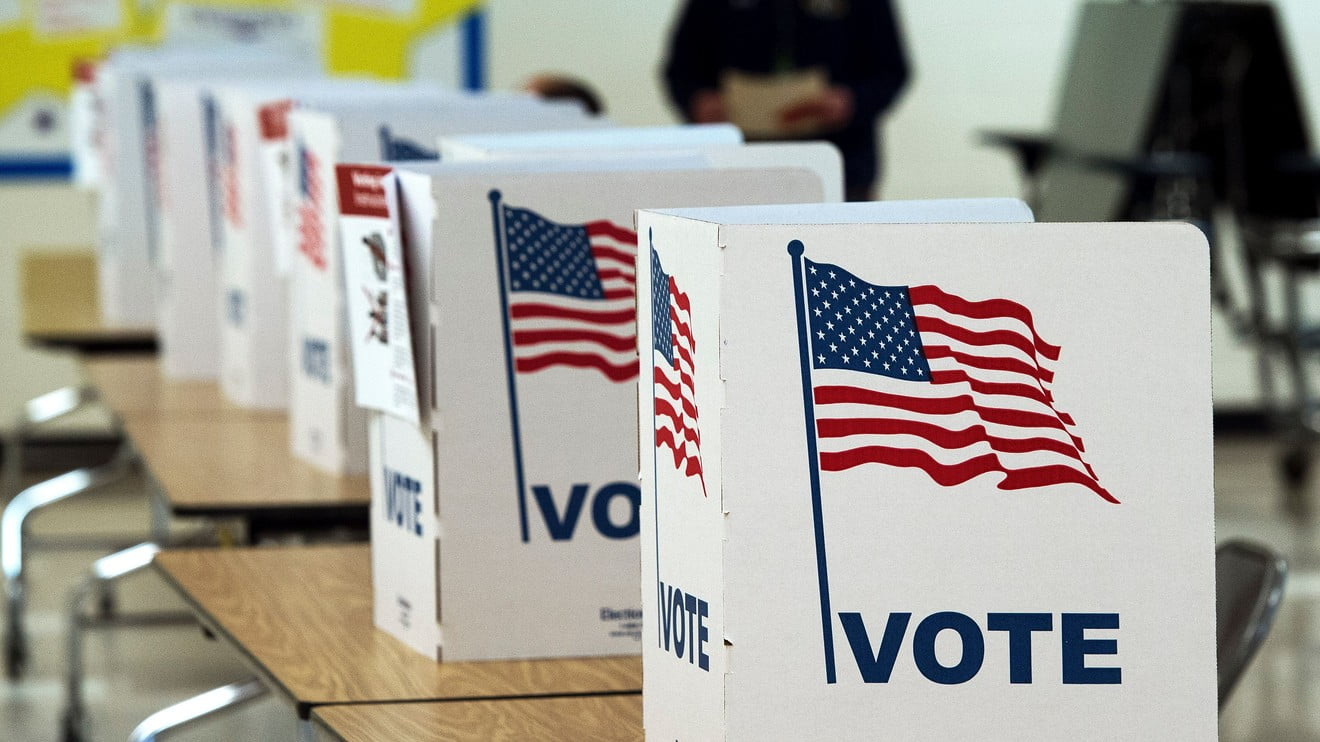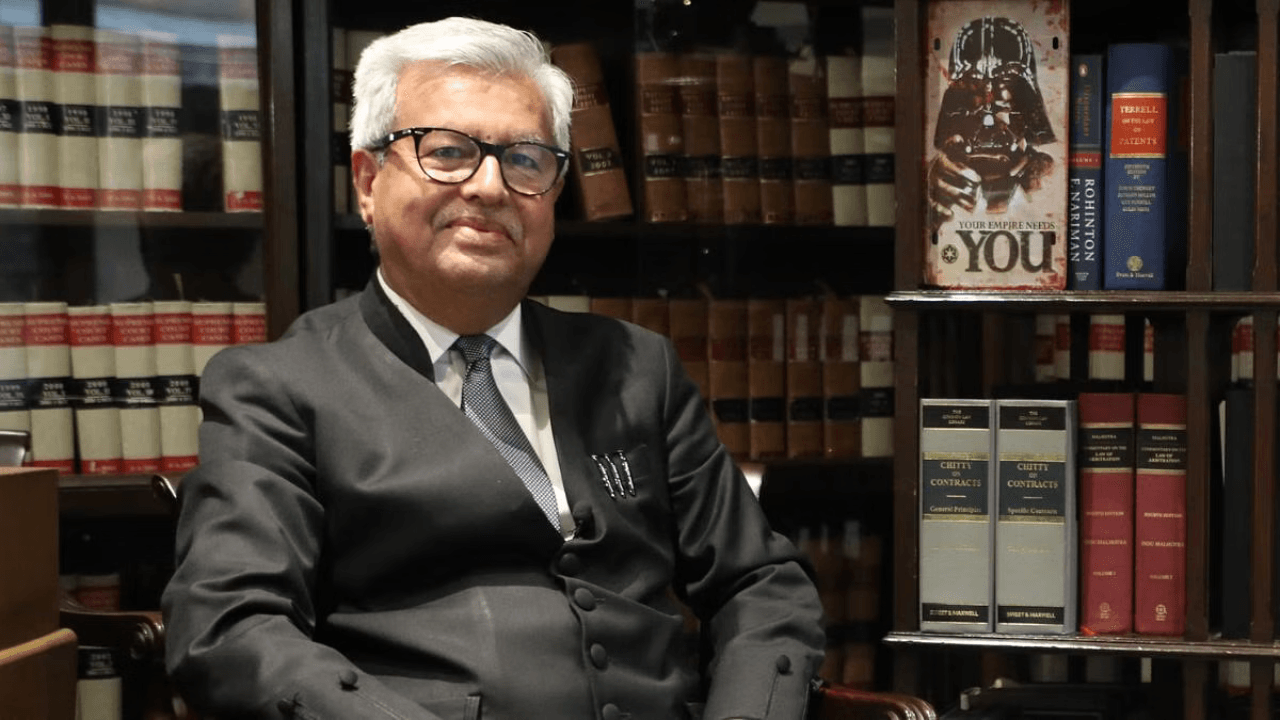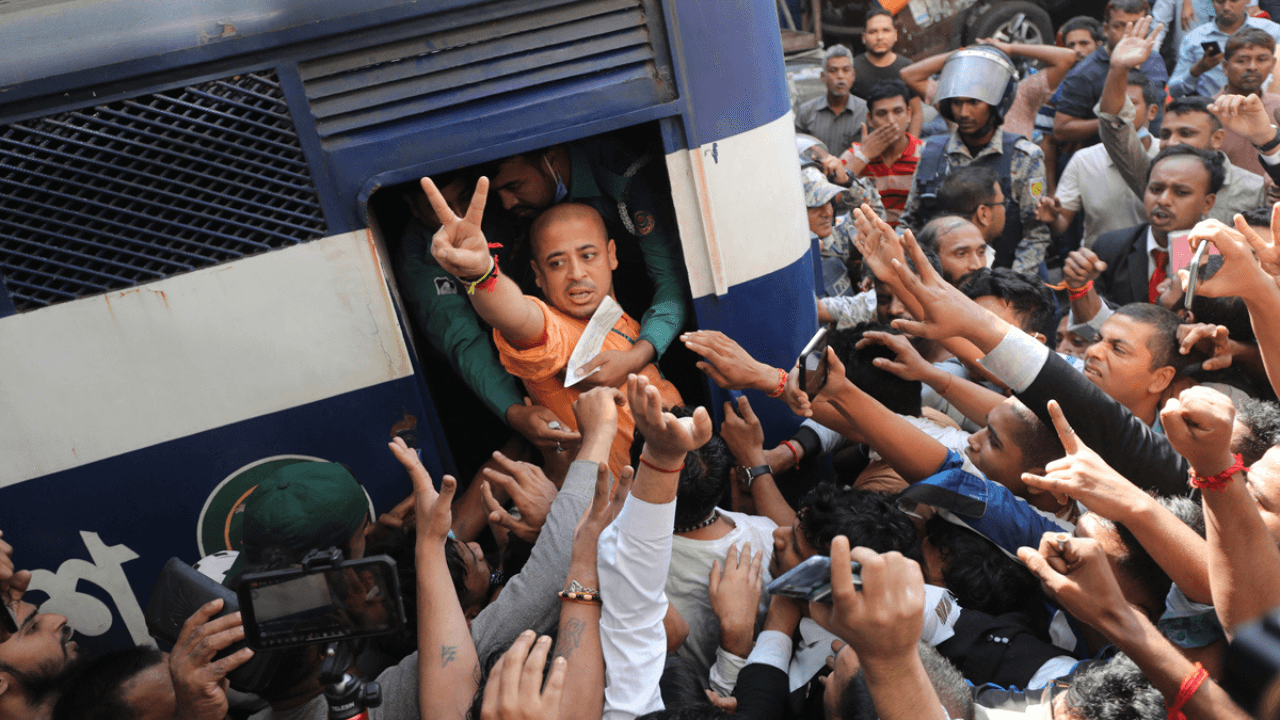In a year marked by unprecedented global challenges, the world is gearing up for a wave of elections that will not only determine domestic leadership but also set the course for international relations. With an estimated 40% of the world’s population expected to cast their votes in more than 50 national contests, the outcomes of these elections are poised to reverberate across borders, influencing diplomatic strategies and foreign policies.
The elections come at a crucial time when countries are grappling with a host of pressing issues, including the ongoing COVID-19 pandemic, economic recovery, climate change, and geopolitical tensions. The results of these polls will not only shape the internal governance structures of nations but also have far-reaching implications for global diplomacy and cooperation.
Among the nations set to cast their ballots this year are several key players in the international arena:
United States:
The United States is gearing up for a highly anticipated presidential election, with incumbent President Joe Biden facing a tough reelection campaign. The outcome of this election will have significant implications for U.S. foreign policy, particularly in areas such as trade, climate change, and relations with China and Russia.
France:
France is set to hold presidential elections, with President Emmanuel Macron seeking reelection. The outcome of this election will be closely watched, as France plays a crucial role in European Union dynamics and global affairs.
Germany:
Germany will hold federal elections, marking the end of Angela Merkel’s 16-year tenure as chancellor. The election will not only determine Germany’s domestic leadership but also its role in shaping European and global policies.
India:
India, the world’s largest democracy, is scheduled to hold general elections. The outcome of these elections will have significant implications for India’s foreign policy, particularly in its relations with neighboring countries and major powers.
Brazil:
Brazil is set to hold presidential elections, with President Jair Bolsonaro seeking a second term. The election will be closely watched, as Brazil is a key player in Latin American politics and global environmental issues.
Other countries, including Australia, Canada, South Korea, and Ukraine, among others, are also gearing up for elections that will shape their domestic governance and foreign policy priorities.
As these nations prepare to cast their votes, the world is watching closely, recognizing that the outcomes of these elections will have far-reaching implications for international relations. The choices made by voters in these countries will not only determine their own futures but also shape the global landscape for years to come.












